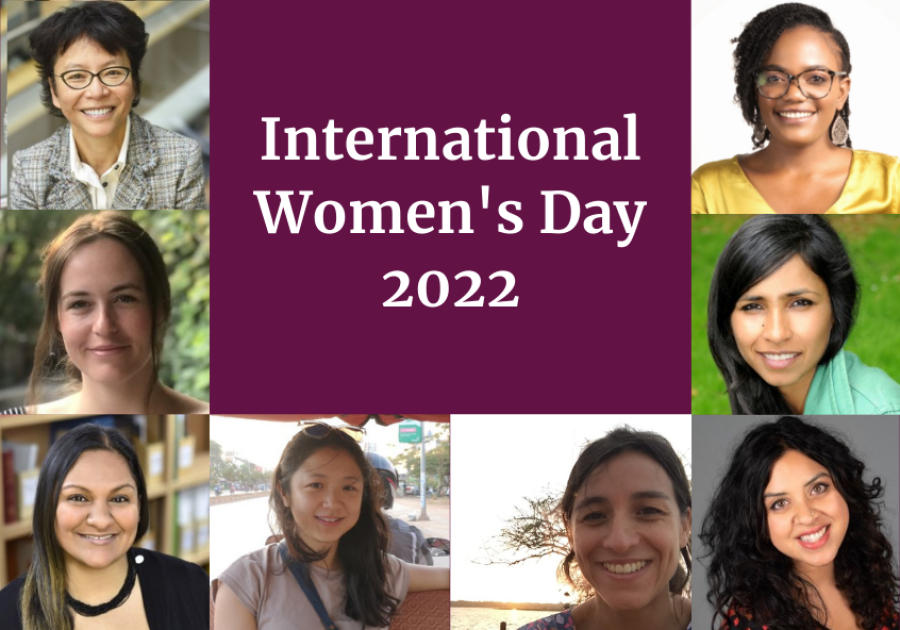“You cannot rectify what you cannot identify” - International Women’s Day 2022
8 March 2022 London School of Hygiene & Tropical Medicine London School of Hygiene & Tropical Medicine https://lshtm.ac.uk/themes/custom/lshtm/images/lshtm-logo-black.png
Today, the world marks International Women’s Day, a global day celebrating the social, economic, cultural, and political achievements of women. The day also marks a call to action for accelerating women’s equality.
As we celebrate women today and every day, we are reminded that women worldwide still face discrimination and prejudice on a daily basis.
We asked some of our researchers across LSHTM what it means to them to ‘break the bias’.
Professor Shunmay Yeung, Professor of Infectious Disease and Global Health
“For me, it’s about valuing a more collaborative and equitable approach to doing research, including being critical about the metrics by which we measure academic success. It’s also about trying to create the space and opportunity for other women to speak up and be heard.”
Meghna Ranganathan, Assistant Professor
“The difficult truth is we are all biased, no matter who we are. Shine a light on it! We need to own that bias, engage in uncomfortable conversations, make space for mistakes, and use every opportunity to learn, grow and evolve.”
Agnes Arnold-Forster, Research Fellow
“To me, breaking the bias means identifying support systems. Other women working in higher education or research settings can be the best allies, the best network, when trying to navigate a system that is often stacked against you. I also think it is important to recognise that change must be structural, rather than individual, to really make a difference to the lives of women in the workplace.”
Dr Rohini Mathur, Assistant Professor of Epidemiology
“Prioritising representation and diversity across all levels of our institutions is fundamental for supporting the success of the next generation of scientists and decision makers.”
Dr Neha Singh, Co-Director of the Health in Humanitarian Crises Centre
“Breaking the bias means working towards a gender-equal world where differences are respected and celebrated, and where no one faces discrimination, stereotypes or biases. It also means collectively valuing and working toward a diverse, equitable and inclusive world.”
Dr Yang Liu, Assistant Professor
“We need to create a safe and equitable work environment for young scientists and researchers to thrive in, where there are mechanisms that will help them achieve and sustain both physical and mental well-being.”
Mandi Tembo, PhD Research Fellow
“You cannot rectify what you cannot identify. My work is about hearing and amplifying the narratives and experiences of women from around the world. My hope is that the research leads to real and tangible change to women’s experiences in the public health sector.”
Dr Ana Bonell, Research Degree Student
“However many times you hear ‘she can't do that’, know that they are always wrong.”
LSHTM's short courses provide opportunities to study specialised topics across a broad range of public and global health fields. From AMR to vaccines, travel medicine to clinical trials, and modelling to malaria, refresh your skills and join one of our short courses today.